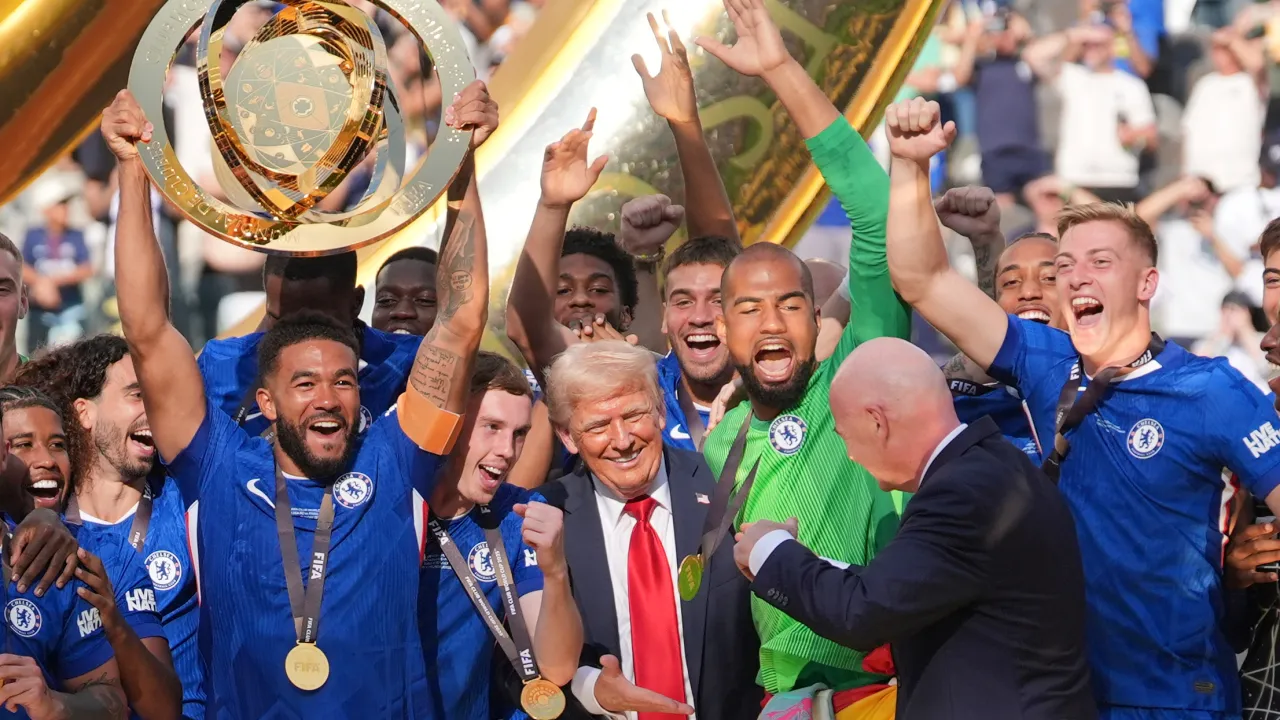
For decades, the sport known internationally as football has been called soccer in the United States. This discrepancy in nomenclature has led to confusion and cultural distinctions that set American football apart from the global game. But recent trends and evolving perspectives suggest that the US might finally embrace the term ‘football’ for the sport, aligning more closely with international conventions. This shift is driven by multiple factors, including the sport’s rising popularity, globalization, and changing cultural attitudes.
Historical Roots of the Terminology Divide
The Origins of ‘Soccer’ in America
The term ‘soccer’ originated in Britain in the 19th century as a colloquial abbreviation of association football. British students and players used the slang ‘assoccer’, which eventually morphed into ‘soccer’. When the sport was introduced in the United States, it was primarily played by expatriates and in specific circles, where the term ‘soccer’ was used to distinguish it from American football, a sport with similar yet distinct roots.
The Rise of American Football
American football gained popularity in the late 19th and early 20th centuries, becoming a distinctly American pastime with its own set of rules and cultural identity. As American football became entrenched in schools and colleges, the terminology for association football remained predominantly called ‘soccer’ within the US, differentiating the two sports in the national lexicon.
Current Trends Influencing Terminology Change
Globalization and Media Influence
With the advent of global media, international competitions like the FIFA World Cup, UEFA Champions League, and European leagues have become household fixtures in the US. As these events are broadcasted and discussed widely in American media, the term ‘football’ is increasingly used worldwide. American audiences are naturally adopting the terminology that aligns with international usage, gradually shifting perceptions.
Popularity of Soccer Among Youth and Professionals
Recent decades have seen a surge in youth participation and the professionalization of soccer in the US. Major League Soccer (MLS) has expanded, and US teams are becoming more competitive globally. The sport’s ascendancy in American culture, especially among younger generations, is making the term ‘football’ more familiar and accepted.
Cultural and Branding Factors
Several American sports brands and leagues are now emphasizing the term ‘football’ to appeal to international audiences and to rebrand the sport’s identity. For instance, international sponsors and global broadcasters prefer consistency in terminology, nudging the US towards adopting ‘football’.
Resistance and Challenges to Adopting the Term ‘Football’
American Football’s Cultural Significance
American football is deeply embedded in US culture, especially at the collegiate and professional levels. Its history, traditions, and cultural significance create a strong resistance to rebranding the sport as ‘football.’ Many Americans associate ‘football’ with what is now called ‘American football,’ which differs greatly in gameplay and tradition.
Institutional and Media Inertia
Many US media outlets, sports organizations, and institutions continue to use ‘soccer’ as their standard term, which perpetuates the divide. Changing terminology in a landscape as influential as American media involves overcoming entrenched habits and perceptions.
The Future Outlook: Will the US Embrace ‘Football’?
Growing International Influence
The increasing influence of global sports culture suggests that adopting the term ‘football’ in the US is not only inevitable but also beneficial for the sport’s growth. As more Americans engage with international competitions and recognize the global nature of the sport, the language is expected to evolve accordingly.
Potential Cultural Shift and Education
Educational initiatives, media campaigns, and sporting communities advocating for the use of ‘football’ could accelerate this linguistic change. As youth grow up in a more interconnected world, the terminology they learn and use is more likely to reflect international conventions.
Implications for the Sport’s Popularity
Labeling the sport as ‘football’ might enhance its stature in the US and foster a greater sense of belonging within the global football community. It could also help in unifying branding efforts, sponsorships, and media coverage under a single identity.
Conclusion
While the US has historically called the sport soccer to distinguish it from its American football counterpart, the tides of globalization, cultural change, and sport popularity suggest a potential shift. As American audiences become more familiar with international competitions and as the sport continues to grow domestically, the adoption of ‘football’ may become more prevalent. This transition could mark a significant step towards aligning American sporting culture with the global community.
In essence, the evolution of terminology reflects broader cultural changes and the sport’s journey towards unity and recognition worldwide. Whether the US officially adopts ‘football’ in everyday language remains to be seen, but the trajectory indicates a gradual movement in that direction.
For more updated news please keep visiting Prime News World.








